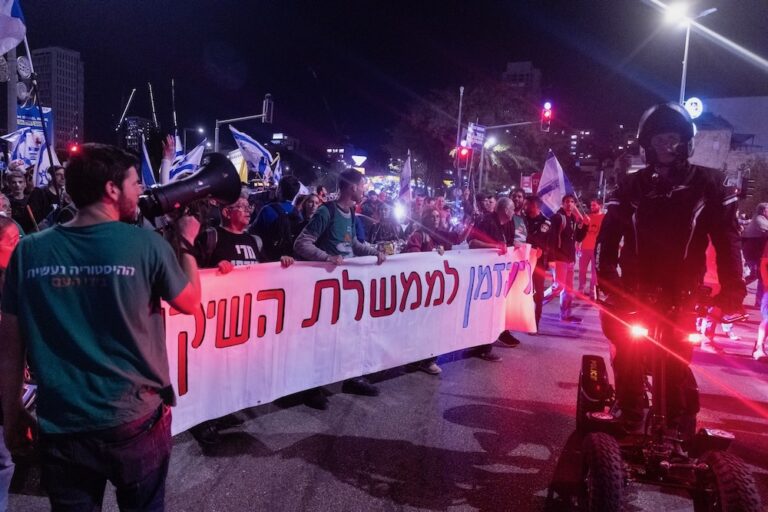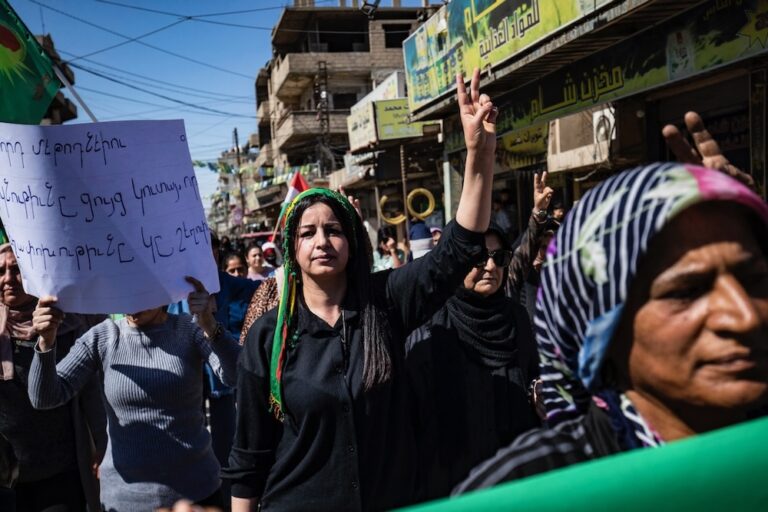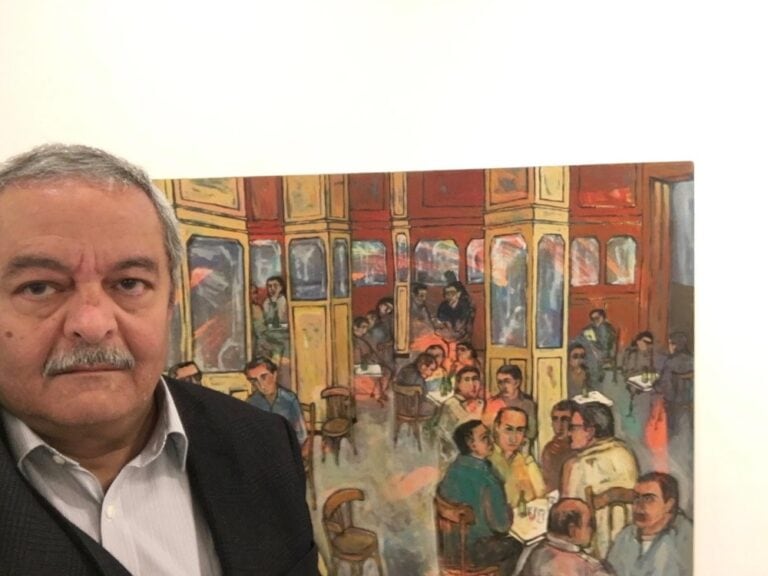(ARTICLE 19/IFEX) – ARTICLE 19 is calling for the Commonwealth Ministerial Action Group (CMAG), meeting 2-3 March 1998 in London, to add Kenya to its list of serious and persistent human rights offenders (currently Nigeria, Sierra Leone and the Gambia), and to take measures which would put serious pressure on the Nigerian regime.1 Article 19’s […]
(ARTICLE 19/IFEX) – ARTICLE 19 is calling for the Commonwealth Ministerial
Action Group (CMAG), meeting 2-3 March 1998 in London, to add Kenya to its
list of serious and persistent human rights offenders (currently Nigeria,
Sierra Leone and the Gambia), and to take measures which would put serious
pressure on the Nigerian regime.1 Article 19’s concerns include freedom of
expression violations in these countries.
The ample grounds for Kenya to be placed under CMAG’s special scrutiny
including the following:
characterized by violence and intimidation, most seriously when tens of
thousands of people were driven from their homes in the Coast province and
thereby disenfranchised. Numerous investigations by human rights groups,
churches and even a 1992 UK Parliamentary Select Committee, have attributed
prime responsibility for such violence to the government and ruling party.
supporters, have died in politically motivated violence in the Rift Valley.
lawyers and human rights activists, often arresting them on spurious
criminal charges.
meetings requiring official notification.
media, while the independent press faces constant harassment.
justice is subject to constant executive interference.
ARTICLE 19’s other recommendations for action by CMAG at its forthcoming
meeting include:
Nigeria:
exercising the discretion which it was given at CHOGM to invoke firm action
across the Commonwealth against the Nigerian Government.
the Nigerian Government must take if the current “transition to civilian
rule” is to have any credibility. Failure to implement these steps should
lead to further action by the Commonwealth.
the alleged December 1997 coup and for the immediate and unconditional
release of any defendants who appear to have been imprisoned solely for
holding or expressing non-violent political views – such as Niran Malaolu,
editor-in-chief of the weekly newspaper, “The Diet.”
Sierra Leone:
seeking to ensure that all parties involved in Sierra Leone respect
international humanitarian and human rights principles.
to impress upon Economic Community of West African States’ Monitoring Group
(ECOMOG) the importance of providing the fullest possible protection to
journalists and their property as they engage in their legitimate
professional activities.
violations of human rights and how the Commonwealth can help in the
protection of human rights.
The Gambia:
continuing attacks upon human rights, including freedom of expression, and
send a ministerial delegation to the country to discuss specific measures
which need to be taken to consolidate democracy and strengthen respect for
human rights.
time-frame for the implementation of these measures and set out the action
to be taken should that time-frame not be honored.
Cameroon and Zambia:
government critics (eg. journalist Pius Njawe in Cameroon and former
President Kenneth Kaunda in Zambia) are the most recent examples of ongoing
human rights violations in both countries.
General:
delay – an opportunity to do so was missed by the 1997 CHOGM. Such
elaboration is essential if CMAG is meaningfully to monitor “compliance”
with those principles in future.
policies and procedures regarding the provision of “technical assistance” so
as to ensure the full involvement of civil society as well as governments.
Notes
1. At the October 1997 Commonwealth Heads of Government Meeting, CMAG’s
remit was extended to allow it to address Commonwealth countries “deemed to
be in serious or persistent violation of the Harare principles”. It was also
given the power to invoke, at any time, cross-Commonwealth measures against
the Nigerian military dictatorship.


